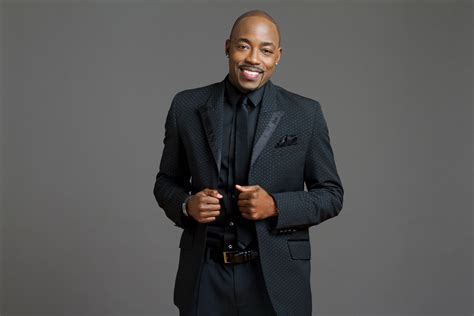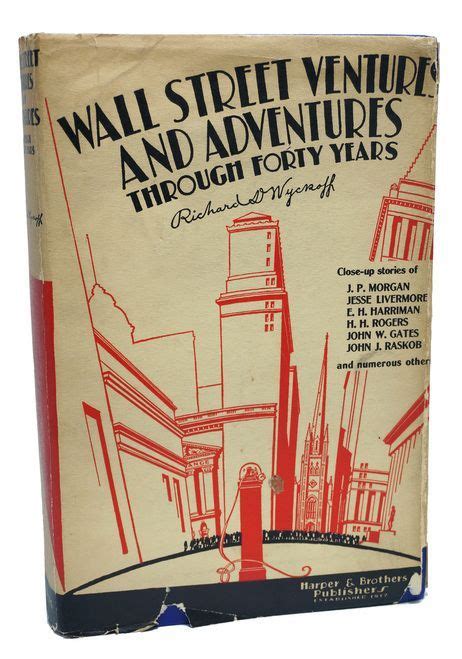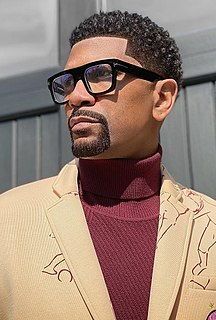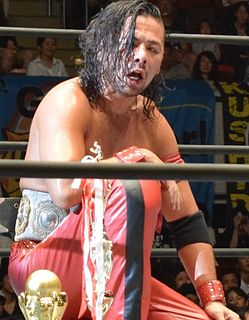A Quote by Alan Huffman
Historically, war journalists have embedded themselves with one side, which means the greatest threat comes from the clearly delineated enemy of that side.
Quote Topics
Related Quotes
I've never been in the position where that conversation is a serious conversation before the movie even comes out. On one side of it, that's so great because you've got such great potential. The other side of that is that there's a level of pressure. Now, that clearly means that there's an expectation level, from the studio side, potentially from the audience's side, and from our side.
We've trained and trained for a reason: to be better at the craft of war than our enemy, to use our skill to perform the mission, and to accept the risks. As American warriors, it's our obligation to protect the innocent. And that means, sometimes, that we're the ones who need to be put on the disadvantaged side of the threat cycle.
The Victorians have been immoderately praised, and immoderately blamed, and surely it is time we formed some reasonable picture of them? There was their courageous, intellectually adventurous side, their greedy and inhuman side, their superbly poetic side, their morally pretentious side, their tea and buttered toast side, and their champagne and Skittles side. Much like ourselves, in fact, though rather dirtier.



































